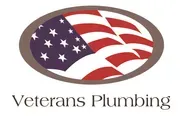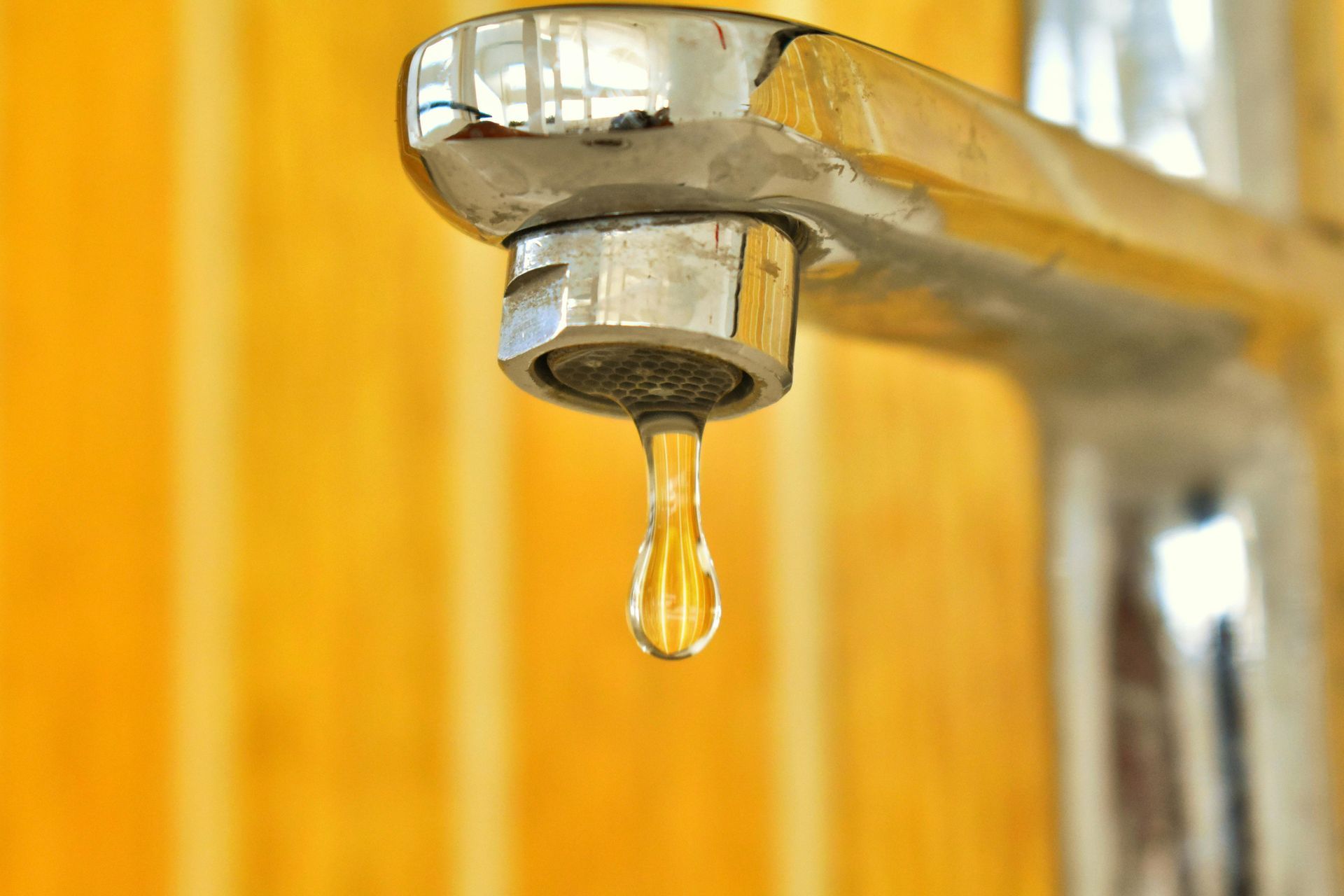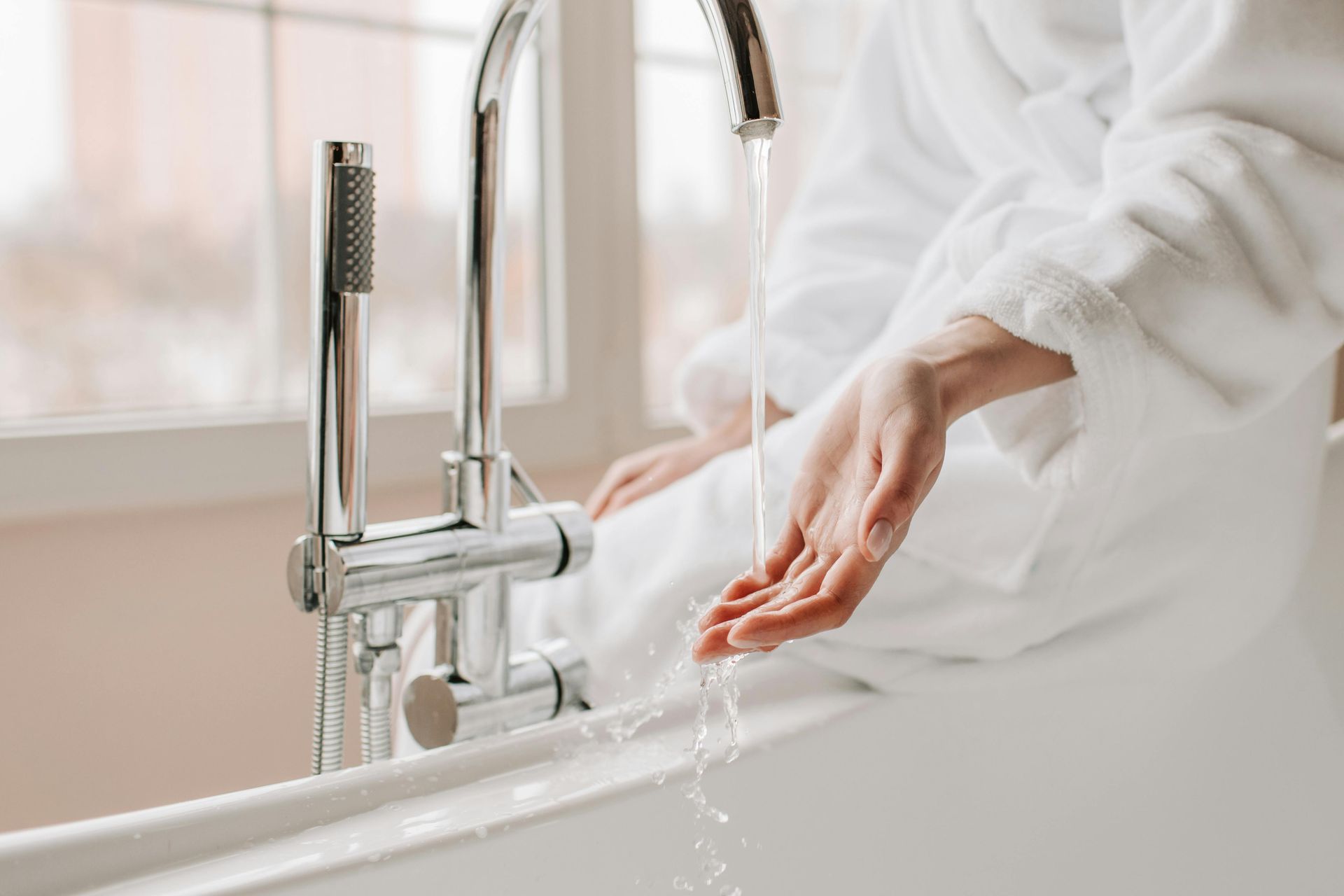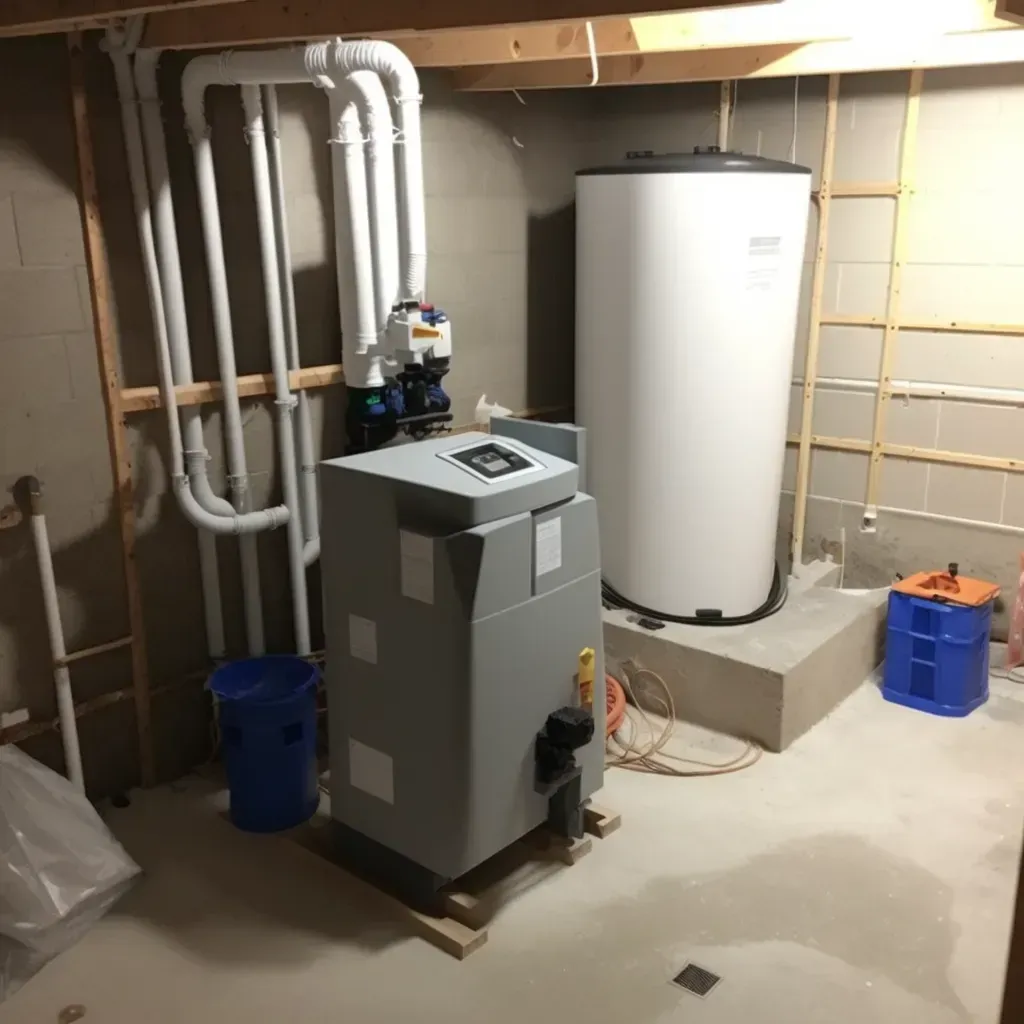Eco-Friendly Plumbing Solutions: Reducing Your Carbon Footprint
Common Plumbing Emergencies and How to Handle Them
Plumbing emergencies can strike without warning, causing stress and potential damage to your home. Knowing how to handle these situations can save you time, money, and hassle.
Burst Pipes
Burst pipes are a nightmare for any homeowner. They can cause significant water damage and require immediate attention. Common causes include freezing temperatures, high water pressure, and corrosion. If you suspect a burst pipe:
- Shut off the main water supply immediately to prevent further flooding.
- Turn on all faucets to drain the remaining water in the pipes.
- Locate the burst pipe and try to contain the leak with a rubber patch and a clamp as a temporary fix.
- Call an emergency plumber to handle the repair professionally.
Clogged Drains
Clogged drains are one of the most frequent plumbing issues. They can cause water to back up and create an unpleasant mess. Common culprits include hair, soap scum, grease, and foreign objects. Here's what you can do:
- Use a plunger to try and clear the blockage.
- Pour a mixture of baking soda and vinegar down the drain, followed by hot water.
- Avoid using chemical drain cleaners, as they can damage your pipes.
- If the clog persists, call a professional plumber to inspect and clear the drain.
Water Heater Failures
A malfunctioning water heater can leave you without hot water, making everyday tasks difficult. Signs of trouble include strange noises, discolored water, and inconsistent temperatures. In case of a water heater failure:
- Check the thermostat settings and ensure the power supply is functioning.
- Inspect for leaks around the unit.
- Reset the unit following the manufacturer's instructions.
- Call a plumber if the issue persists or if you notice any leaks, as water heaters can be dangerous to repair on your own.
Sewer Backups
Sewer backups are serious emergencies that pose health risks and require immediate attention. They can be caused by blockages, tree roots, or damaged sewer lines. If you experience a sewer backup:
- Avoid using any plumbing fixtures to prevent further contamination.
- Shut off the main water supply to stop water flow.
- Contact a professional plumber immediately to address the issue.
- Evacuate the area and avoid contact with the contaminated water.
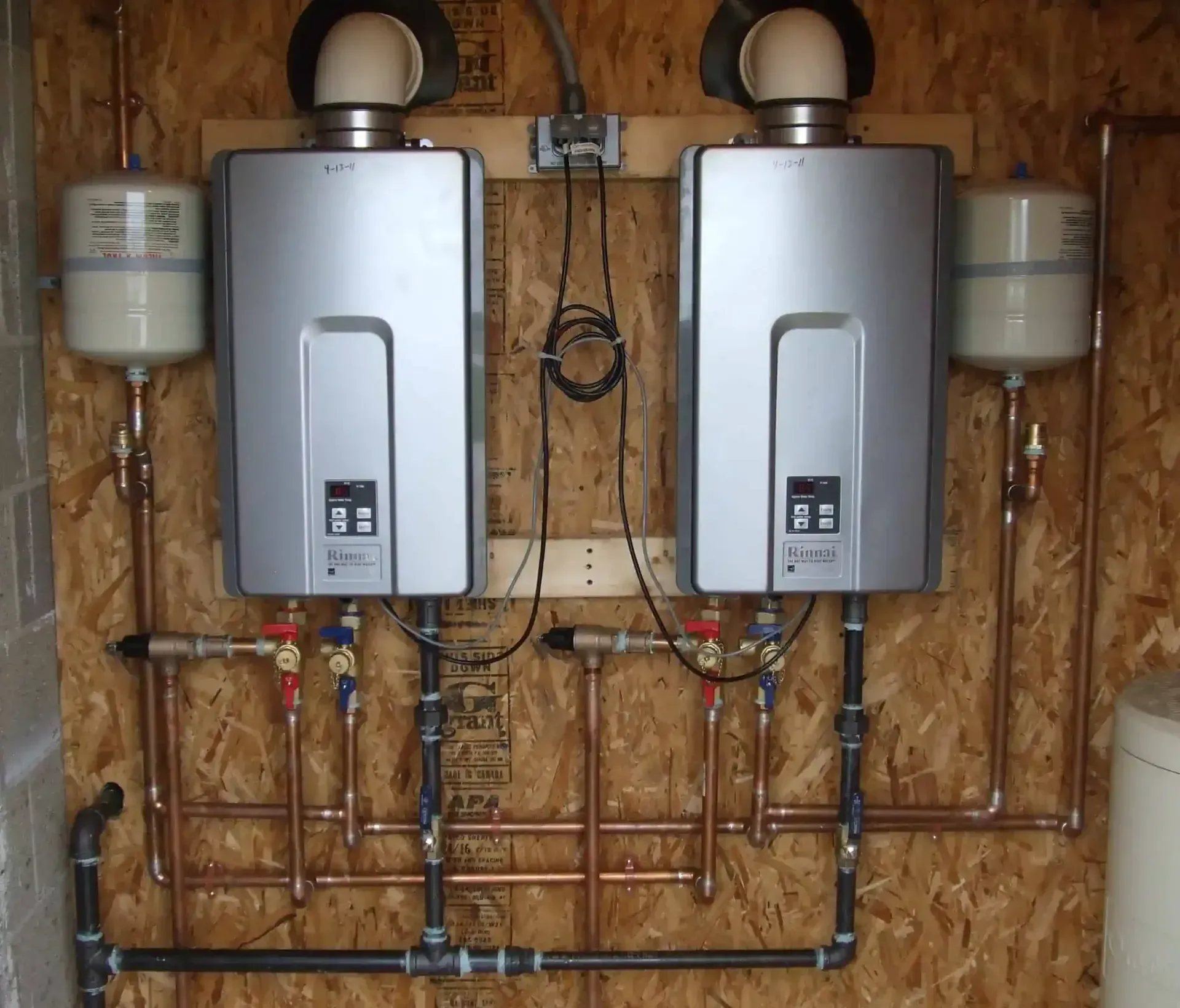
Preventive Maintenance Tips to Avoid Plumbing Emergencies
Preventive maintenance is key to avoiding plumbing emergencies. Regular checks and simple practices can keep your plumbing system in top shape.
Regular Inspection
Performing regular inspections can help you catch small issues before they become big problems.
- Check for leaks under sinks and around fixtures.
- Inspect pipes for signs of corrosion or wear.
- Look for water stains on ceilings or walls, which could indicate hidden leaks.
- Listen for unusual sounds in your plumbing system, such as banging or hissing.
Drain Care
Keeping your drains clear is essential for preventing clogs.
- Avoid pouring grease or oil down the drain.
- Use drain strainers to catch hair and debris.
- Run hot water down the drain regularly to clear buildup.
- Clean drains with baking soda and vinegar once a month.
Water Pressure Checks
Maintaining optimal water pressure can prevent pipe damage and leaks.
- Use a water pressure gauge to check your home's water pressure. It should be between 40-60 psi.
- If the pressure is too high, install a pressure regulator.
- Check for water hammer, a banging noise in pipes that indicates high pressure.
Winter Preparations
Cold weather can cause pipes to freeze and burst. Prepare your home for winter with these tips:
- Insulate exposed pipes in attics, basements, and crawl spaces.
- Seal gaps and cracks in walls and foundations to keep cold air out.
- Disconnect garden hoses and drain outdoor faucets.
- Keep a trickle of water running during extreme cold to prevent freezing.
The Importance of Having an Emergency Plumber
Having a reliable emergency plumber can make all the difference when a plumbing crisis strikes.
Quick Response
Emergency plumbers are available 24/7 to respond to urgent issues. Their quick response can minimize damage and restore functionality to your home.
- Save their contact information in an easily accessible place.
- Know where your main water shut-off valve is located in case you need to turn off the water before they arrive.
Professional Expertise
Emergency plumbers have the skills and tools to handle complex issues safely and effectively.
- They can accurately diagnose problems and provide lasting solutions.
- They use specialized equipment to address emergencies quickly and efficiently.
They follow safety protocols to protect your home and family.
Cost-Effectiveness
While it might seem cheaper to handle repairs yourself, DIY fixes can lead to bigger problems and higher costs.
- Timely repairs by a professional can prevent minor issues from escalating.
- Warranties on their work ensure you won't pay extra if something goes wrong.
DIY Plumbing Fixes and When to Call a Professional
Some plumbing issues are simple enough for DIY fixes, but others require professional help.
Simple Fixes
Here are a few common plumbing problems you can fix yourself:
- Minor Leaks: Use pipe tape or a pipe clamp to stop small leaks temporarily.
- Unclogging Sinks: Use a plunger or a drain snake to clear minor clogs.
- Replacing Washers: Fix dripping faucets by replacing worn-out washers.
Signs You Need a Pro
Knowing when to call a professional can save you from costly repairs and potential damage.
- Persistent Clogs: If plungers and drain snakes don't work, you might have a deeper blockage.
- Multiple Leaks: Multiple leaks could indicate a bigger issue with your plumbing system.
- Water Heater Issues: Water heaters can be dangerous to repair without proper knowledge and tools.
- Sewer Problems: Foul smells or slow drains could indicate a sewer line issue, which requires professional intervention.
Understanding residential plumbing and how to handle emergencies is crucial for every homeowner. From knowing how to tackle common issues to preventive maintenance and having an emergency plumber on speed dial, being prepared can save you time, money, and stress.
Remember, while some minor fixes can be done on your own, don’t hesitate to call a professional for more serious problems. Keeping your plumbing system in good shape ensures your home remains safe, comfortable, and efficient.
Blog
Book a Service Today
For more info on water softeners, water heaters and tankless water heaters Idaho Residents need, contact us today.
